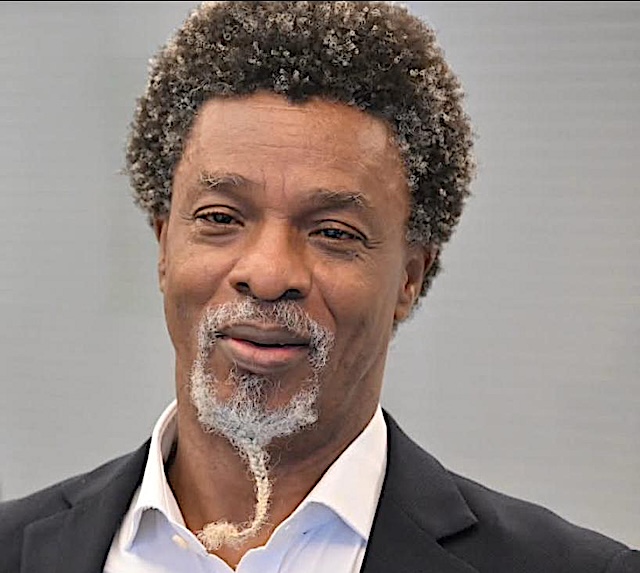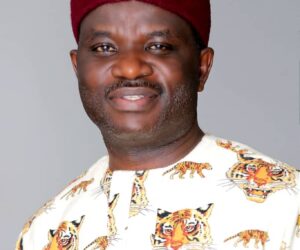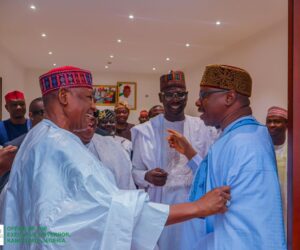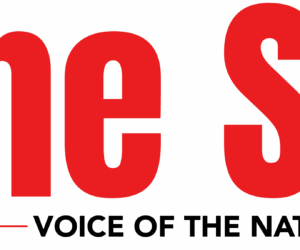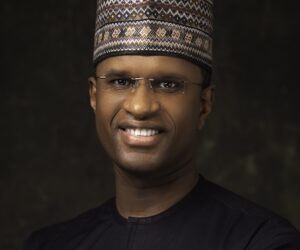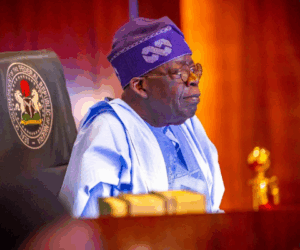
Ironic? Yes. But Nigeria’s long-term heritage from the boom days of its export of crude oil are the structural weaknesses that hold its economy back today. Now and again, this malaise blisters, especially when the global oil price falls below the economy’s funding needs. Then, as is the case today, local talking heads frame government’s main assignment in terms of macroeconomic stability and fiscal reforms. Unify the exchange rate and move price discovery for the naira’s exchange rate to the markets. Broaden the tax base, by including more domestic economic activity in the formal sector and diversifying government’s receipts away from its traditional dependence on revenue from the export of crude oil. Rationalise subsidies in those sectors where they still obtain, while making sure to provide sops to vulnerable groups. And then wait for crude oil fortunes to improve. Again.
It is a tested copy book. And the Tinubu government has borrowed copiously from its tattered pages. Except that this time around, the path described in these yellowed pages cannot be travelled half as easily as was the case three decades ago. The uncertainties that the Trump administration have introduced into global economics – not to talk of politics – guarantee that the world economy will punch below its weight for a long time to come. Where global demand to collapse on the back of this development, as most commentators expect, the price of our primary exports will come under immense pressure. This is before you add improved global oil production numbers to the equation. Even if the Trump administration’s assault on renewable energy is borne out, the balance of evidence suggests that the world has either reached peak oil or is as near to it as it has ever been.
We cannot hope, therefore, for rising oil prices to float the Nigerian economy as was our wont in the past. Even then, it was never wise strategy. In today’s much-changed circumstances, it is plain impracticable. More reforms have always been on the cards for policymakers minded to boost the economy’s trend growth rate on a sustainable basis.
Much of what needs to be done has not changed since we decided, in the mid-1980s, on the correctness of policies aimed at diversifying the economy away from its dependence on oil earnings, and on the transition of government’s role from that of a goods and services provider to that of a regulator of markets. The reform base case has always been about promoting investment – domestic, first, and the foreign variety not too long after. If the macroeconomic reforms already put in place by the Tinubu government were primarily aimed at domestic economic stability, then they also hoped to grow domestic savings.
In the absence of reforms that make it easy to do business in this country (simpler and faster business registration processes, permits issuance, and customs procedures), easier contract enforcement procedures (strengthening dispute resolution mechanisms to reassure investors), and more transparent procurement and resource allocation processes (including in the markets for financial instruments), whatever savings the country manages will simply slip out the backdoor. Regrettably, the corridor that leads to economy’s rear entrance is a well-trod one.
Both the Nigerian economy’s failure to attract foreign direct investment, and corporate Nigeria‘s perennial gripe over the quality of local labour falter at the point where our planners have consistently failed to focus reforms in the education sector on skills that meet the contemporary economy’s needs (the digital economy in today’s example), vocational training, and STEM. To keep the bulk of our youth in education, employment, and training that is eventually to the economy’s long-term advantage would require considerable investment in healthcare. The expansion of universal health insurance would also be necessary if we are to keep national productivity losses from ill health at a minimum.
Educated and healthy, the local labour force is productive relative to the tools, machinery, technology, and other inputs used in the production process. Denied the requisite energy and infrastructure systems, then, not even the most salubrious environment for investment is worth much. Without any question, then, our policy wonks need to address the liquidity issues that our electricity distribution companies currently face. Significant parts of the solution to this will include enforcing cost-reflective tariffs. While this invites creative solutions to the problem of how to get electricity to our poor and huddled masses, we cannot hope to attract private investment in electricity generation and renewable energy if we do not address it.
Roads, rail, ports, and digital infrastructure are often discussed in terms of the extent to which they could boost the country’s external competitiveness, especially by their ability to encourage links to West African markets that will make Nigeria a hub for sub-regional activity. Yet, by far the biggest boost to the economy is the extent to which these trade arteries strengthen our internal market. There is in this sense, a crying need for the abolition of laws and policies that restrain intra-national commerce.
Government’s fraught finances raise the spectre of how all these may be financed. Public-private financing partnerships could work. But at the heart of the reform efforts is the engendering of a thriving domestic market, with effective demand, an abundance of investment opportunities, and few lets to how investors may apply their gains.
Uddin Ifeanyi, journalist manqué and retired civil servant, can be reached @IfeanyiUddin.

